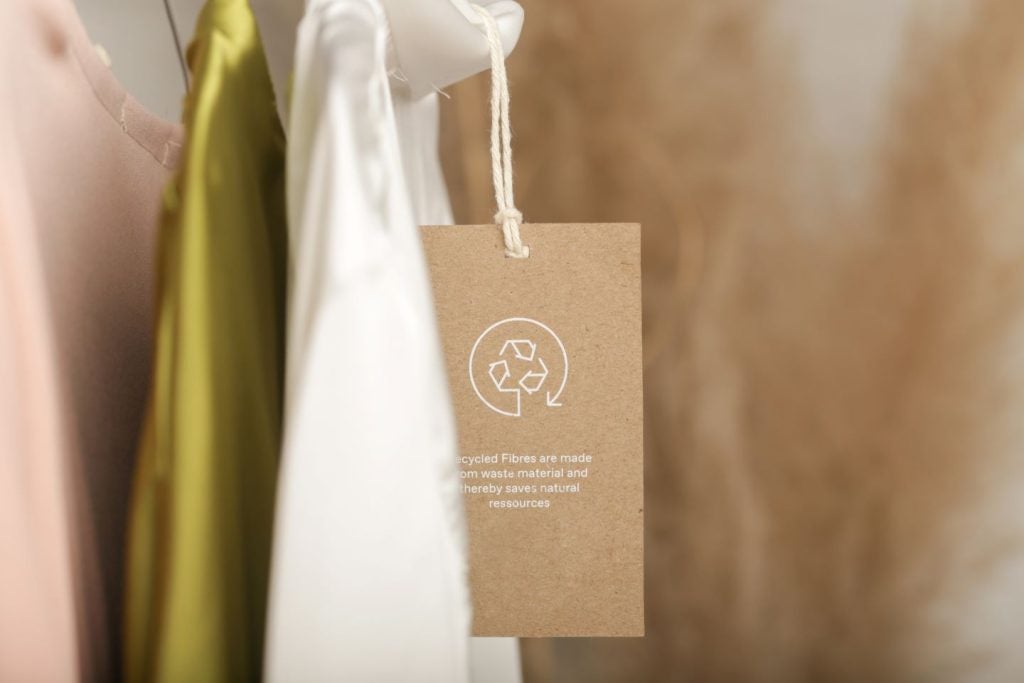The appreciation was conveyed during a meeting with representatives of the Buyers' Forum at the BGMEA Complex in Uttara, Dhaka.
During the session, which was also attended by members of the recently formed BGMEA Support Committee, discussions focused on the current state of the industry, key issues affecting the garment sector, strategies to further increase garment exports from Bangladesh, sustainable advancement and future sector growth.
The administrator highlighted the progress the country's garment industry has made in areas such as workplace safety, environmental sustainability, and workers' welfare.
Anwar Hossain called upon global brands to promote these achievements on the international stage to enhance the global reputation of Bangladesh's garment sector.
The gathering included representatives from garment brands sourcing from Bangladesh, such as H&M, Gap, Marks & Spencer, Gemo, VF Corporation, Celio, OUS, Allure Sourcing, Auchan, CSS, Otto International, and El Cortes Engels.
Anwar Hossain also stressed the importance of greater investment in advanced technologies, machinery, and skilled labour to bolster the industry's competitiveness.
This was emphasised during the address at the opening ceremony of the 23rd Textech Bangladesh 2024 International Expo, the 22nd Dhaka International Yarn & Fabric Show 2024, and the 45th Dye+Chem Bangladesh 2024 International Expo.
He pointed out the growing potential in non-cotton sectors, particularly in man-made fibres, functional fabrics, and high-end garments. Hossain also noted that embracing technological innovations would not only improve productivity and efficiency but also support the industry’s environmental, social, and governance (ESG) commitments.
The adoption of eco-friendly technologies and materials is crucial for reducing environmental impact and ensuring a sustainable future for the industry, he added, underscoring the importance of sustainability in the garment sector.
Bangladesh's garment industry is estimated to have suffered a loss of approximately $400m in production due to labour unrest that occurred in September and early October. Despite this figure, an industry expert has suggested that the overall impact on the sector was "relatively minimal".















